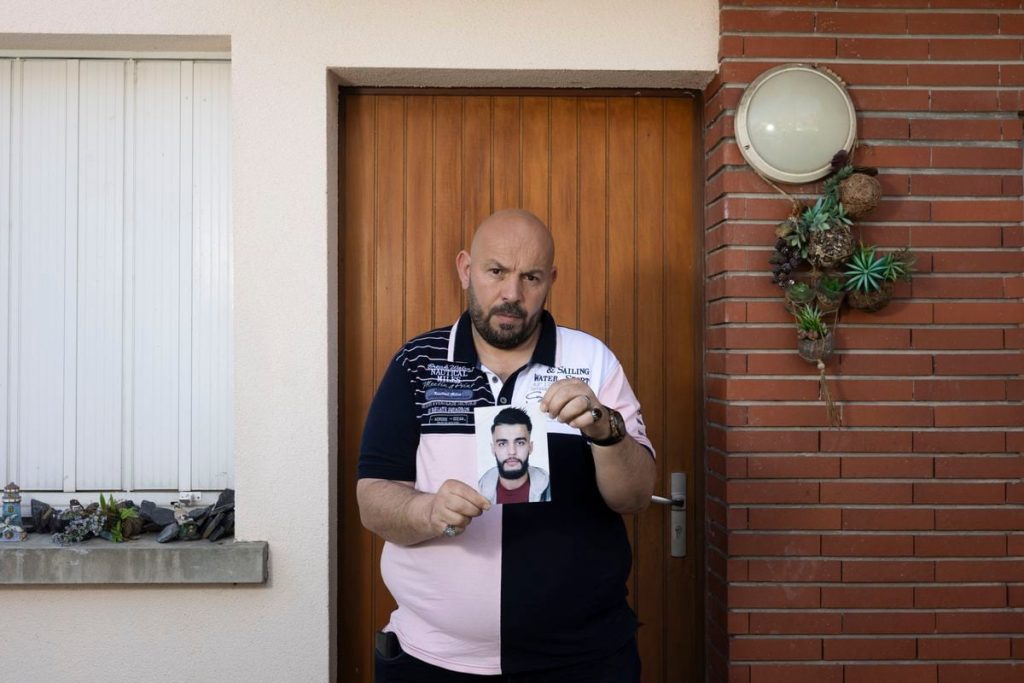Medjou Dakha, a 70-year-old Algerian woman, lost contact with her youngest son on October 7, 2020, when he boarded a dinghy with 13 other people. They departed from Arzew in northwest Algeria and disappeared on their way to the coast of Almeria. The families embarked on a desperate and unsuccessful search until they found a lead, the International Center for the Identification of Missing Migrants (Cipimd), a Spanish NGO presented as an unofficial alternative for identifying and searching for the deceased and missing at sea. Despite paying for information, families like Dakha’s are still waiting for answers and closure.
For years, EL PAÍS has compiled testimonies from relatives who turned to this NGO and felt deceived. A recent arrest shed light on the situation as Francisco Clemente, the delegate of Cipimd in Almeria, and 13 others were detained for allegedly trading photos of immigrants, alive or deceased, for families to identify. The network profited from falsifying information about missing loved ones and manipulating families into paying for identification and repatriation services. This exploitation of desperate families in search of closure exposes the lack of official protocols to identify and locate missing immigrants lost at sea.
The practices of Clemente and Cipimd have sparked outrage and accusations of unethical behavior, leading to investigations and legal action. Concerns about the handling of migrant cases have been circulating for years, with reports of ethical breaches and deception. Families who placed their trust in Clemente and the NGO were led to believe that their missing relatives had safely reached Spanish territory, only to be left without answers or closure. These families, fueled by hope, even donated significant amounts of money to continue the search efforts, only to be met with empty promises and deception.
The allegations against Clemente include extortion, illegal cooperation with traffickers, and exploitation of vulnerable families seeking information about their missing loved ones. The lack of professionalism and transparency in his dealings with families has raised serious concerns about the integrity of his organization and its operations. Despite the ongoing investigations and legal actions, families continue to search for answers and closure, facing obstacles and exploitation in the difficult process of identifying and mourning their missing relatives lost at sea.
The heartbreaking stories of families like Medjou Dakha and others who placed their trust in Cipimd reveal a dark reality of exploitation and deception in the search for missing migrants lost at sea. The lack of official protocols and support for families in these situations has created opportunities for unethical individuals and organizations to take advantage of their grief and vulnerability. As investigations continue and families seek justice, the need for transparency, accountability, and ethical standards in the handling of missing migrant cases becomes increasingly urgent to prevent further exploitation and suffering.


